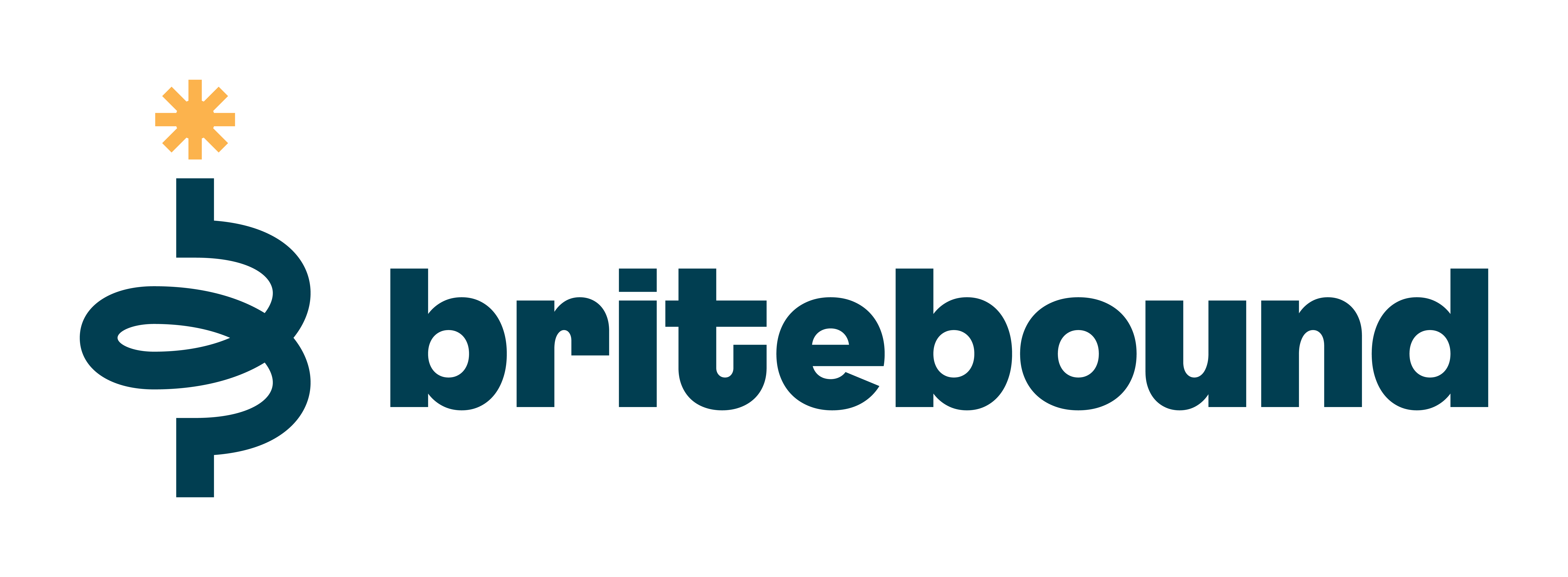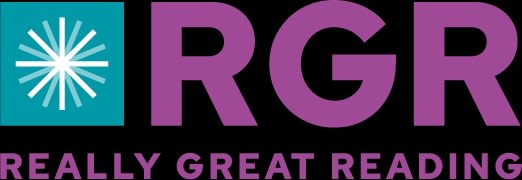Dive Brief:
-
In an op-ed for Education Next, Paul E. Peterson writes that choice and competition are the country’s best hope for improving education, not a regulatory strategy or legislative reform.
-
Peterson argues that neither Presidents George W. Bush nor Barack Obama have closed racial gaps or improved U.S. student achievement to be on par with other countries in the world,
-
Vouchers, tax credits, and the spread of charter schools means that the educational system can improve through innovation and with help from the market, Peterson says, while saving funding that hasn't been shown to help schools actually improve.
Dive Insight:
Though greater school choice and the expansion of charter schools and charter school networks across the U.S. certainly bring new and exciting opportunities for advancing student learning and improving educational quality, there's no question that all choice and competition still needs to be paired with accountability measures. Otherwise, as the old saying goes, money corrupts. That especially holds true in the case of for-profit schools and charters, where investors expect returns and schools are obligated to perform. In California, Attorney General Kamala Harris has targeted for-profit virtual schools that appear to be failing students.
School choice execution also needs to be clearly outlined at the state level, in order to avoid snafus like what happened in Florida in February when one family tried using ESA funds to pay for a trip to Europe, listing it as an educational trip. Still, with checks and balances in place, ESAs could gain traction in K-12. Nevada has also passed a school choice law that essentially gave parents free rein to spend public dollars allotted for their children as they wish. Parents need to understand their obligations, and districts administrators need to have a plan for how to both identify and deal with those who may try to cheat the system by using dollars meant for education for alternative purposes.
Still, it's worth noting that there is also wariness among some private schools when it comes to voucher programs, as accepting government money also potentially invites additional oversight.





 Dive Awards
Dive Awards







